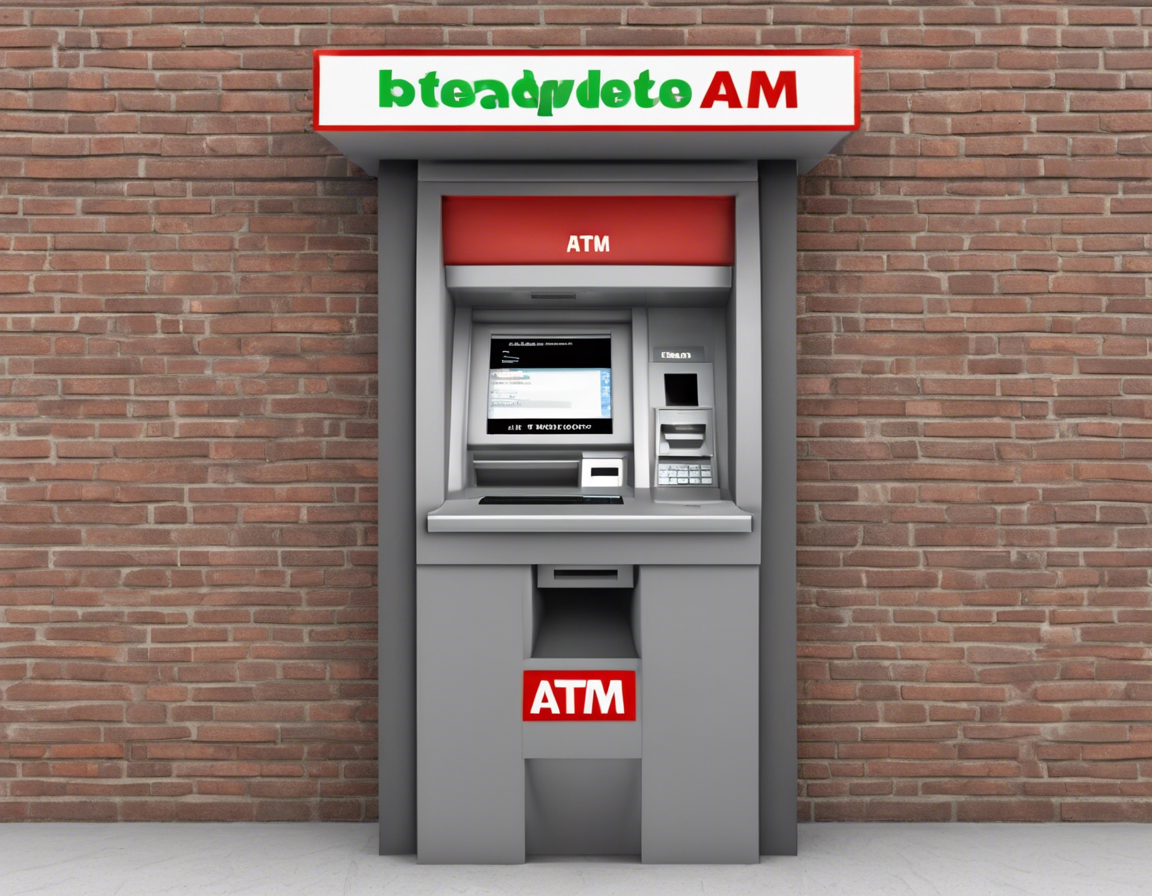Automated Teller Machine (ATM) – The Cashkeeper at Your Fingertips
In today’s fast-paced world, convenience and accessibility are key factors that drive the everyday choices we make. The Automated Teller Machine (ATM) is a prime example of technology serving this very purpose. Standing as a ubiquitous presence in banks, shopping malls, gas stations, and various other locations, the ATM has revolutionized the way individuals conduct financial transactions. Let’s delve deeper into the world of ATMs, exploring their functionalities, benefits, and the key role they play in modern banking.
The Evolution of ATMs
ATMs – also known as Automated Banking Machines in some regions – have come a long way since their inception in the 1960s. Developed to streamline the process of dispensing cash and conducting basic banking functions without the need for human intervention, ATMs have evolved to offer a wide array of services beyond cash withdrawals. Today, one can use an ATM to check account balances, transfer funds between accounts, deposit cash and checks, pay bills, purchase prepaid phone cards, and even top up mobile wallets.
How Do ATMs Work?
ATMs function through a combination of hardware and software components to provide users with a secure and efficient means of conducting transactions. When a user inserts their debit or credit card into the machine and enters their Personal Identification Number (PIN), the ATM connects to the user’s bank via a secure network to authenticate the transaction. Once authenticated, the user can select the desired transaction type from the on-screen menu, which prompts the ATM to dispense cash or perform any other requested operation.
Benefits of ATMs
1. Accessibility
ATMs offer unparalleled convenience by providing users with 24/7 access to their funds, regardless of the bank’s operating hours. This accessibility is particularly beneficial for individuals who require cash outside of regular banking hours.
2. Convenience
Gone are the days of waiting in long teller lines or rushing to the bank before closing time. ATMs allow users to conduct a variety of banking transactions swiftly and efficiently, saving them time and hassle.
3. Privacy and Security
ATMs offer a level of privacy and security that is crucial for conducting financial transactions. With the use of PINs and secure networks, users can rest assured that their transactions are protected from unauthorized access.
4. Flexibility
ATMs cater to diverse financial needs, enabling users to withdraw cash, deposit funds, transfer money, and perform other banking tasks in one centralized location.
Using ATMs Safely
While ATMs provide a host of benefits, it is essential to prioritize safety when using these machines. Here are some tips to ensure a safe ATM transaction:
- Always shield the keypad while entering your PIN to prevent others from viewing it.
- Be wary of any suspicious individuals loitering near the ATM.
- Avoid using ATMs in dimly lit or secluded areas, especially during nighttime.
- Regularly monitor your bank statements to detect any unauthorized transactions.
- If your card gets stuck in the machine or if the ATM behaves irregularly, contact your bank immediately.
Frequently Asked Questions (FAQs) About ATMs
1. Can I use any ATM with my debit card?
Most debit cards are affiliated with specific networks, such as Visa or Mastercard, allowing you to use ATMs that are part of these networks. Using an out-of-network ATM may result in additional fees.
2. How can I change my ATM PIN?
You can typically change your ATM PIN by visiting your bank’s branch location or using the bank’s online or mobile banking services. Some ATMs also offer the option to change your PIN directly at the machine.
3. Are there limits to the amount of cash I can withdraw from an ATM?
ATM withdrawal limits vary depending on the bank and account type. These limits are usually set to ensure the security of your funds. You can check with your bank for specific details on your account’s withdrawal limits.
4. What should I do if my card is lost or stolen after using an ATM?
If your card is lost or stolen, contact your bank immediately to report the incident and request a card replacement. Most banks offer 24/7 customer service to assist you in such situations.
5. Are ATM transactions secure?
ATM transactions are generally secure, provided you follow best practices such as covering the keypad while entering your PIN and regularly monitoring your account activity. Banks also employ advanced security measures to safeguard ATM transactions.
In conclusion, ATMs have redefined the way individuals access and manage their finances, offering a convenient and secure platform for conducting various banking transactions. Understanding the working principles and safety measures associated with ATMs empowers users to make the most of this innovative technology while safeguarding their financial well-being.

